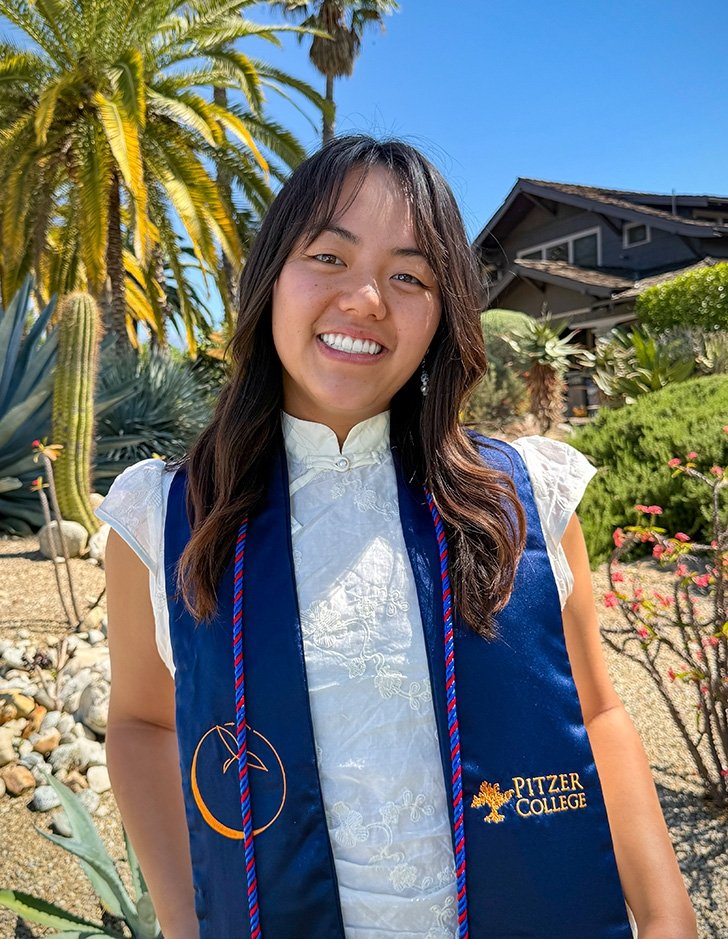Sociology
As a Sociology major, you'll belong to a vibrant community of scholars studying the structure of groups, organizations, and societies and the impact of various dynamics on groups and individuals

About This Program
- As a Sociology major, you’ll be immersed in hands-on learning opportunities like fieldwork, internships, and service learning. Complete original research during your senior year as part of your capstone course.
- All academic programs and faculty welcome every student regardless of identity, background, or belief. Admission and course participation are based solely on academic interest, performance, and declared major.
- All students delve into the dynamics of race, ethnicity, age, class, gender, and sexuality, exploring their intersections with history and institutional power.
- Our Sociology faculty are dedicated teachers committed to undergraduate education and come from a wide-range of backgrounds and interests.









Social Responsibility
Natasha Yen '25
2025 Napier Award & Critical Language Scholarship Winner
Sociology and Environmental Analysis combined major, Asian American Studies minor
Read Natasha's StoryPitzer students offer tutoring, mentoring, and college access programs with various K-12 schools and organizations.
Learn More About EDAAll Pitzer students take part in a service-learning component required for graduation.
Explore CASA Pitzer, an affiliate programProfessor Alicia Bonaparte: Teaching Daring Students to be Thoughtful Citizens